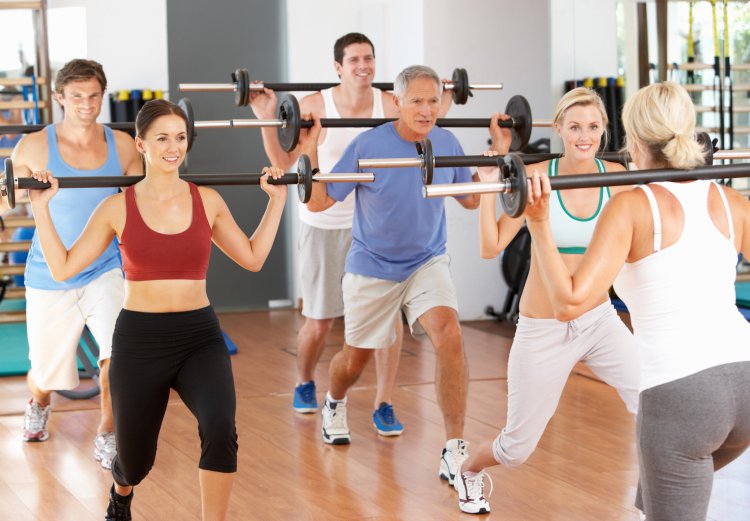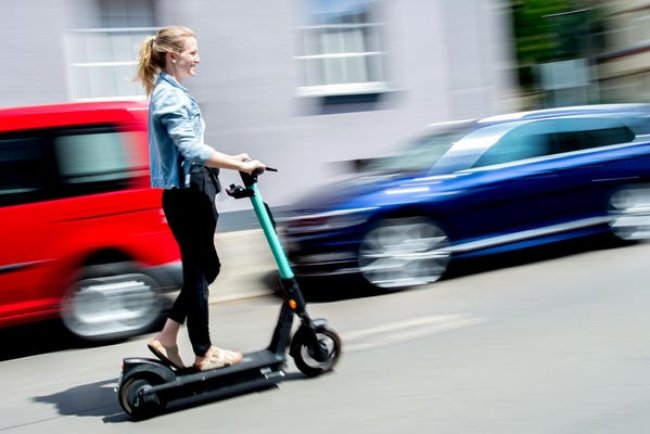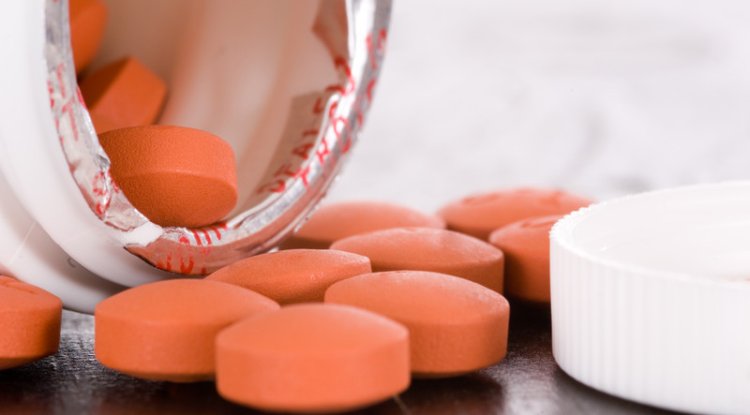Can You Have Strong-Arm Diabetes? The Surprising Role of Muscle and Fitness
When people talk about diabetes prevention, the conversation usually circles around food: carbs, sugar, portion sizes. But there’s another piece of the puzzle that deserves the spotlight—your muscles. Yes, those quads, biceps, and even the grip of your hands may be more powerful allies against diabetes than you think.

Research has shown again and again that people with type 2 diabetes lose more muscle mass and strength over time compared to those with steady blood sugars. The consequences are sobering: loss of mobility, greater dependence on others, and a general slide away from independence. But there’s a flip side. Building strength and keeping your heart and lungs conditioned can improve blood sugar control and in many cases, help prevent diabetes in the first place.
So the question is: can you really have strong-arm diabetes?
The Strength Factor: What the Science Says
In 2019, researchers published a fascinating study in the Mayo Clinic Proceedings involving 4,681 adults who were tracked for about eight years. Participants’ strength was measured through bench presses and leg presses, then ranked as low, medium, or high strength relative to body weight.
The results? Those in the medium strength category had a 32% lower risk of developing diabetes than the low-strength group. That’s a solid reduction. But here’s the twist: people in the highest strength group didn’t see any additional benefit. In fact, at that upper tier, there was no clear association with diabetes risk at all.
Strange, right?
Strength Alone Isn’t the Whole Story

The researchers dug deeper and noticed a pattern. People with medium strength often also had solid cardiorespiratory fitness basically, good heart and lung health. Meanwhile, those in the low and high strength groups were a mixed bag: some could lift heavy but had poor cardiovascular fitness, others had endurance but not much strength.
The takeaway? Strength on its own may not be enough. The magic might lie in the combo of decent strength and strong cardiorespiratory health.
Grip vs. Press: How You Measure Strength Matters
There’s another wrinkle here: how strength is measured. Most studies don’t use bench or leg presses. They rely on hand grip strength, which is surprisingly predictive of health outcomes.
For example, a large 2018 study of over 8,200 Korean adults found that stronger grip strength was associated with lower fasting blood sugar, lower HbA1c, and healthier insulin levels—all markers tied to prediabetes and diabetes. Maybe grip strength taps into something more fundamental about the body’s overall resilience. Or maybe pressing weights and gripping weights just measure different kinds of strength. Either way, measurement matters.
The Case for Cardiorespiratory Fitness
If strength is a bit murky, the data on cardio fitness is clearer and louder.
A landmark 2018 study out of Japan tracked 7,804 men for two decades, measuring their oxygen uptake while cycling. The results were striking: men with higher cardiorespiratory fitness had a consistently lower risk of developing diabetes at every checkpoint over 20 years. That’s an association too powerful to ignore. (It’s worth noting that similar large-scale studies in women and more diverse groups are still needed.)
So What’s the Big Picture?
At the end of the day, this isn’t about picking sides weights or cardio, muscles or lungs. The evidence points to a bigger truth:
Having both muscle strength and cardiorespiratory fitness is like having a double shield against diabetes.
Even if you already live with diabetes, improving both can help balance blood sugars and make day-to-day life easier. And if you’re looking to prevent it? Building strength, moving your body, and keeping your heart healthy are all powerful tools.
The goal isn’t to become a powerlifter or marathoner. It’s to live in a body that feels capable, resilient, and strong enough to meet the future on your own terms.
So yes you may not be able to completely strong-arm diabetes, but you can certainly outmaneuver it with a well-rounded, active lifestyle.
What's Your Reaction?




















